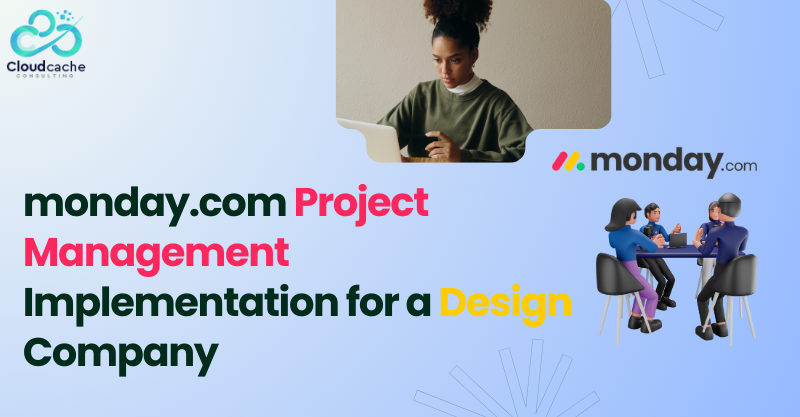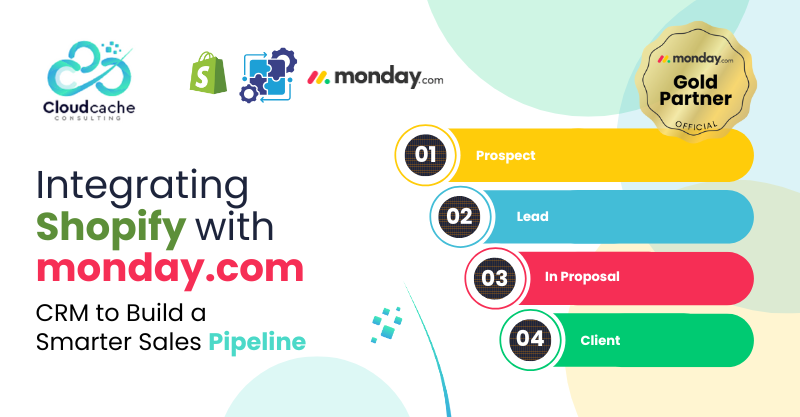
monday.com Project Management Implementation for a Design Company
About The Company:
A mid-sized product design company based in Porto Alegre, Brazil, focuses on creating innovative and functional designs for consumer goods. The company works closely with marketing teams and clients to bring concepts to life, offering end-to-end services from ideation to product launch.
Customer Challenges:
Despite its creative strength, the company faced challenges in organizing its project workflows and ensuring consistent communication across departments. Before adopting monday.com, the design company managed its projects using a mix of email threads, spreadsheets, and informal communication. This system led to several issues:
- Lack of centralized information: Important updates and documents were scattered across tools, making it difficult to track project progress.
- Poor integration between departments: Collaboration between designers, marketers, and clients lacked structure, which delayed decision-making.
- Inconsistent project execution: Without a standard process or tool, project outcomes depended heavily on individual experience and memory.
- Limited resource visibility: The company struggled to track how much time and effort each designer spent on specific stages of a project.
These challenges made it hard to meet deadlines, maintain quality, and scale operations.
Solutions:
To streamline project management, We adopted monday.com, a flexible work operating system. The platform was customized to align with project management best practices, especially those based on PMBOK (2004), while remaining user-friendly for a creative team. The following changes were implemented:
- Centralized project boards: Each project had its own visual board with clearly defined stages—briefing, concept development, prototyping, client review, and final delivery.
- Integration with the marketing team: monday.com helped bridge the gap between internal designers and external marketing stakeholders. Shared dashboards improved transparency and decision-making.
- Role-based task assignments: Responsibilities were clearly distributed among team members, reducing overlap and confusion.
- Time tracking and resource management: Designers logged hours against each task, making it easier to estimate timelines for future projects and manage workloads.
- Automations and reminders: Deadlines and notifications were set to keep everyone on track without micromanagement.
The platform was intentionally kept simple to reflect the company’s informal yet productive work culture, avoiding overcomplication that might disrupt the creative process.
Results:
After six months of using monday.com, the design company reported measurable improvements:
- 30% faster project delivery due to better planning and real-time task updates.
- Improved team communication, with all updates, files, and feedback available in one place.
- Enhanced accountability, as each task had a clear owner and deadline.
- Greater client satisfaction, with faster approvals and more organized presentations during review stages.
- Scalable operations, with reusable project templates that made onboarding new projects easier.
Technology and Tools Used:
Monday.com project management.
Final Words:
This case highlights how even small to mid-sized design firms can benefit from adopting a structured project management system like monday.com. By combining intuitive tools with proven methodologies, CloudCache Consulting successfully bridged gaps in communication, streamlined processes, and delivered better results for clients. As a result, it not only improved internal workflows but also strengthened its position in a competitive market. read our latest client reviews on Fiverr.





